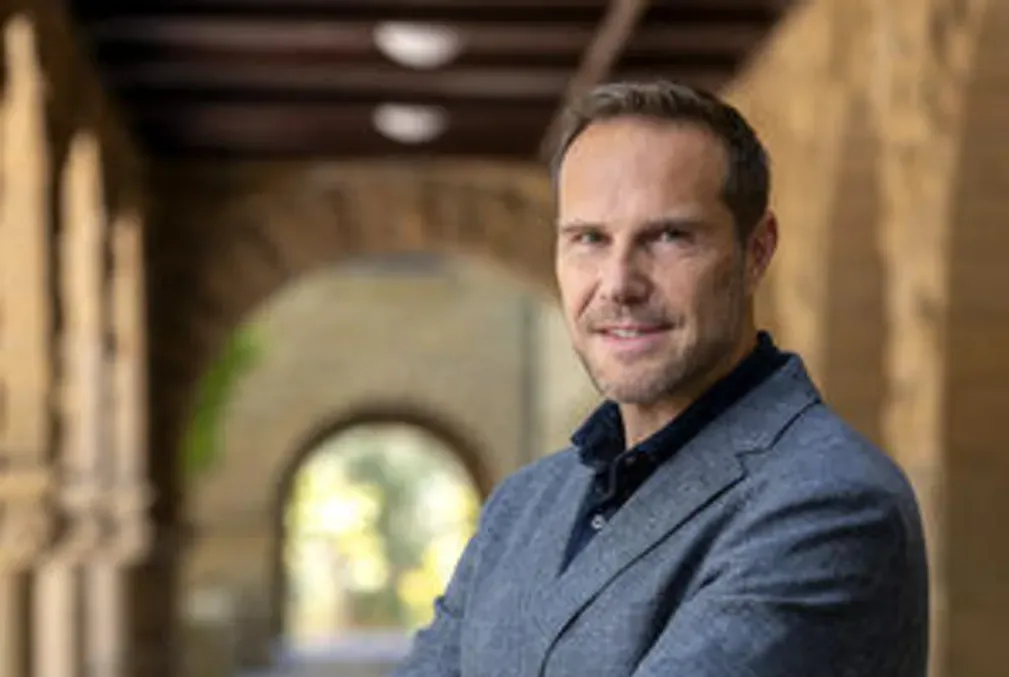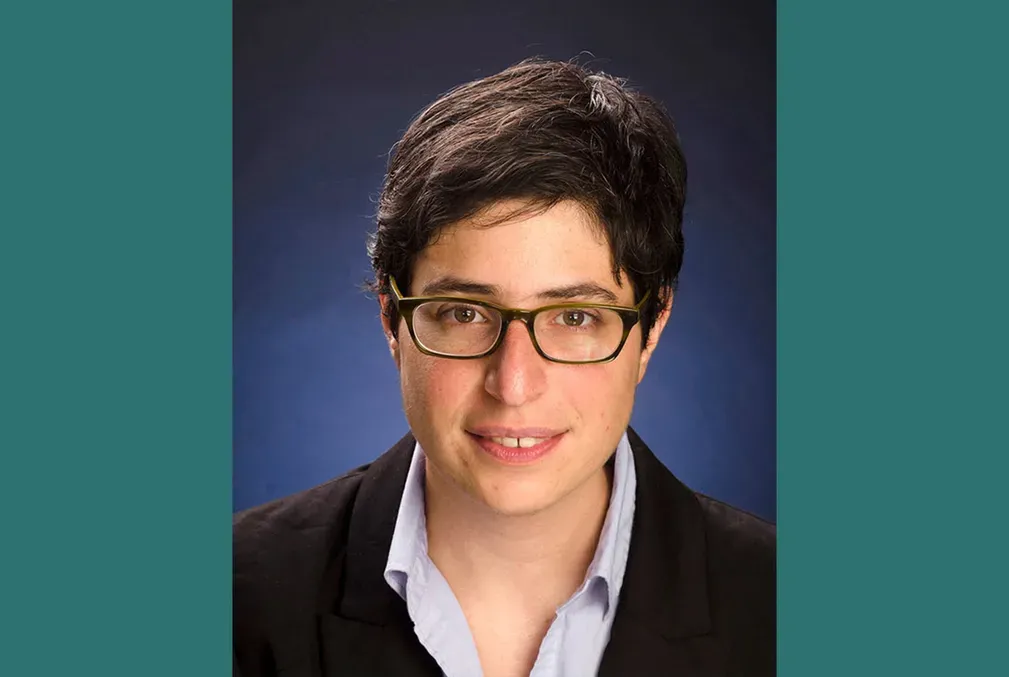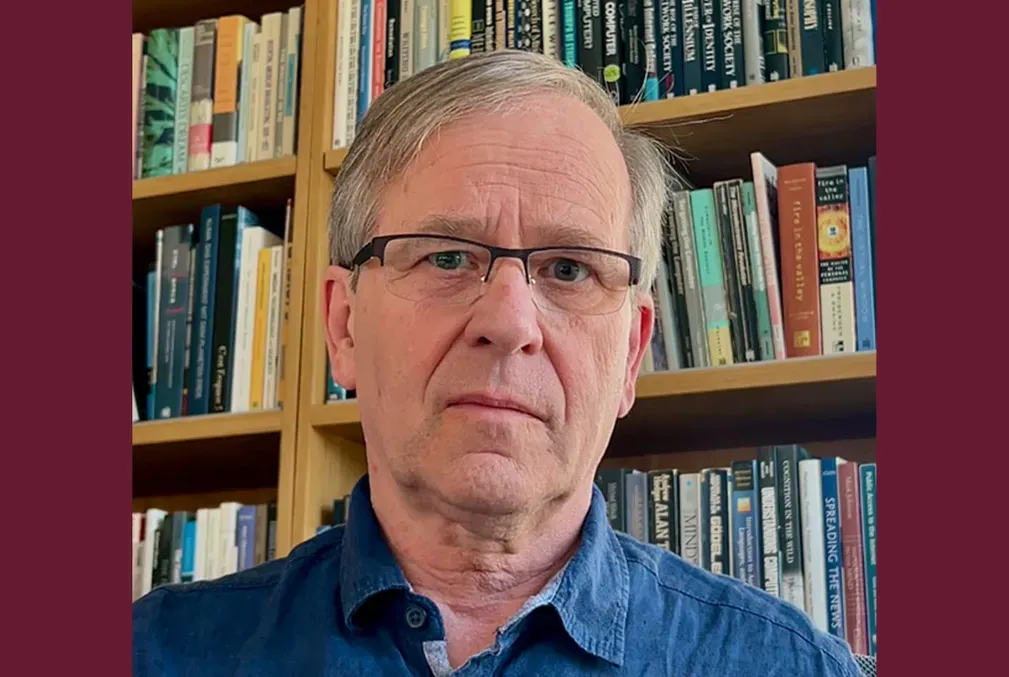Sourav Chatterjee named a fellow of the Royal Society
Stanford statistician and mathematician Sourav Chatterjee is one of 80 outstanding researchers, innovators, and communicators who have been elected fellows of the Royal Society.
Sourav Chatterjee, professor of statistics and mathematics in the Stanford School of Humanities and Sciences, has been named one of 80 outstanding researchers, innovators, and communicators who have been elected fellows of the Royal Society.
“These individuals have pushed forward the boundaries of their respective fields and had a beneficial influence on the world beyond,” said Sir Adrian Smith, the president of the Royal Society, in a press release.
The Royal Society is the United Kingdom’s national academy of sciences and is the oldest science academy in continuous existence. This new cohort joins the ranks of existing fellows and foreign members including Subrahmanyan Chandrasekhar, Charles Darwin, Albert Einstein, Stephen Hawking, Dorothy Hodgkin, Lise Meitner, and Isaac Newton.
“I feel honored and deeply humbled by this news,” Chatterjee said. “The credit for this goes to all the people in my life who have supported, mentored, and advised me, to whom I owe my sincere gratitude. I would also like to thank my nominators and the Royal Society for deeming me worthy of this honor.”
Chatterjee studies probability theory, statistics, and mathematical physics. His varied research interests include presenting solutions to several questions related to the Edwards-Anderson model of short-range spin glasses, which are magnetic materials with “glassy” properties; investigations of theories of the quantum world known as gauge theories; and characteristics of Gaussian random fields (e.g., superconcentration, chaos, and multiple valleys) and the relationships between them.
This year’s Royal Society cohort is composed of 59 fellows, 19 foreign members, and two honorary fellows representing 20 U.K. institutions and countries including Australia, Canada, Germany, Singapore, South Africa, and the United States.




